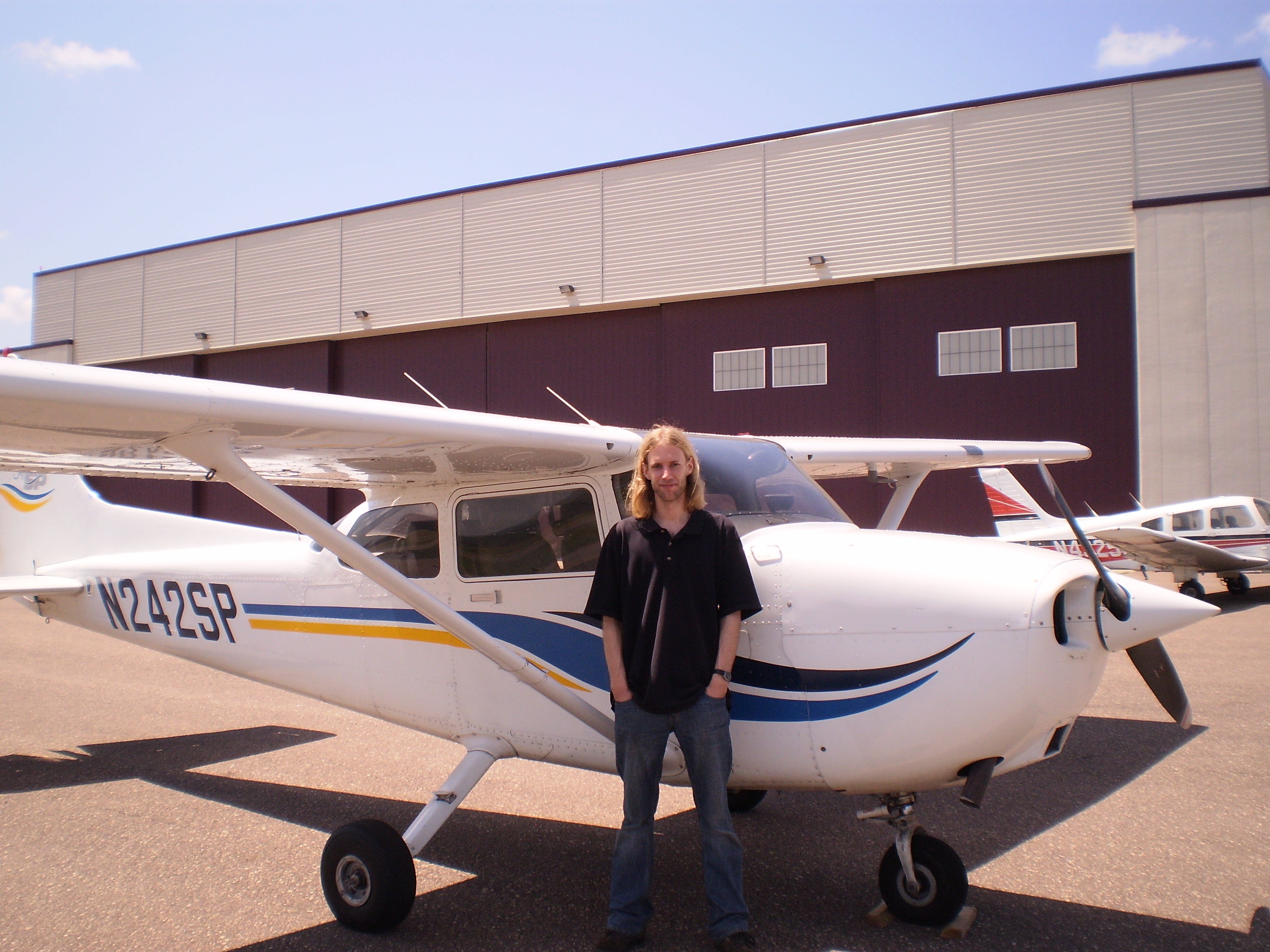As excitement builds across campus for the launch of the Waterloo Institute for Sustainable Aeronautics (WISA), researchers in diverse disciplines are showcasing the ways their work connects with the new institute's mandate.
One of those researchers is Sander Rhebergen, an associate professor in the Department of Applied Mathematics. Rhebergen's specialization is in computational fluid dynamics. Research in fluid dynamics looks at the ways flow and resistance operate in liquids, gases and plasmas.
"Let's say you want to design an airplane," Rhebergen said. "You can create a scale model of an airplane and put it in a wind tunnel and do all kinds of experiments. What computational fluid dynamics does is allow you to do computer simulations instead, by solving these mathematical equations that describe how flow moves over an object."
Rhebergen's specific research is on the algorithms that these computer simulations use. His work in computational fluid dynamics informs several disciplines and can be taken up by engineers and designers in various applied fields.
Concerning aeronautics and sustainability, Rhebergen's research has immediate applicability. Creating more aerodynamic planes and reducing drag means using less fuel and thus reducing environmental impact in the form of carbon emissions. Rhebergen is also keen to look at innovative designs for planes through computational fluid dynamics, including electric planes.
Rhebergen's interest in computational fluid dynamics as it relates to aeronautics has a somewhat more personal connection.

"When I was younger, I wanted to learn how to fly, but I just never had the money to take it up," he said. "As a postdoc, I had some savings, so I got a pilot license in the US. Then for my second postdoc, I went to England, and it's just too expensive to fly in England, so I let the license lapse. I'm not allowed to fly right now, but I'd love to get back in the sky."
Rhebergen sees his work complimenting a host of other work being done at WISA to make air transport more sustainable.
"One interesting thing on the horizon is these new electric or solar-powered airplanes," he said. "Solar-powered airplanes have high aspect ratio wings to have the lift that you need to actually fly, and designers would need to work out lots of questions around drag. So the aerodynamics of those wings plays an important role."
Rhebergen said he is especially interested in WISA because of the new institute's opportunities for learning and collaboration with other researchers from different backgrounds. Its interdisciplinary and multidisciplinary approach makes it a unique research hub for aeronautics.
"My interest is related to aerodynamics. And I'm hoping there are more people there doing aerodynamics research. But there might also be some areas of collaboration, and that would be of great interest to see how some of my work can inform design and application."
"There is quite an environmental problem with the airplanes, so anything you can do to encourage sustainable aviation can help by reducing negative effects on climate systems. Trying to address climate change is a huge challenge, and I'm glad to be doing work that might contribute even in some small way."
The official launch event for WISA takes place October 5, 2021. Learn more and register on the event homepage.






